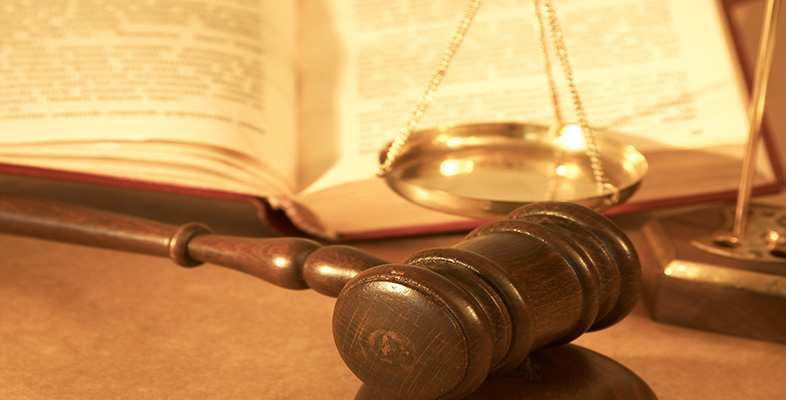2 Intellectual property (IP) rights
Software can be expensive to produce. A substantial piece of software such as a database management or operating system will take several hundred person-years of effort to produce, and after that a large team of engineers will be required to maintain and evolve the software. How will this be paid for?
Developments in technology have made the need to protect intellectual property even more urgent. With software and now books, music and film available digitally, replication and distribution is both easy and cheap, and the financial barriers to copying no longer apply.
When considering the general concepts of property, the difference between private property and public goods is an important distinction. Here a key issue is the economic conditions surrounding the production of goods, and whether production should be based on markets and an economic return acquired through sales of the goods. An important issue in enabling a market to function was seen to be excludability – people who don’t pay should not be able to use the goods.
Software and electronic data are extremely easy to copy and distribute – which is sometimes beneficial, since this enlarges the community of practice for that software or information, and the community within which data can be exchanged.
One way to ensure excludability is to use technical measures, like encryption and licence codes, along with the internet to check that people are properly licensed.
The other measure in wide use is the law – a public good created to protect private goods. We shall look in detail at the use of the law based on private goods and markets. Later we shall return to consider software and information as a public good, and what is being done to use the law to protect this approach – the most common manifestation of this public goods view is the free/libre and open-source (FLOSS) movement, as you will see again below.
